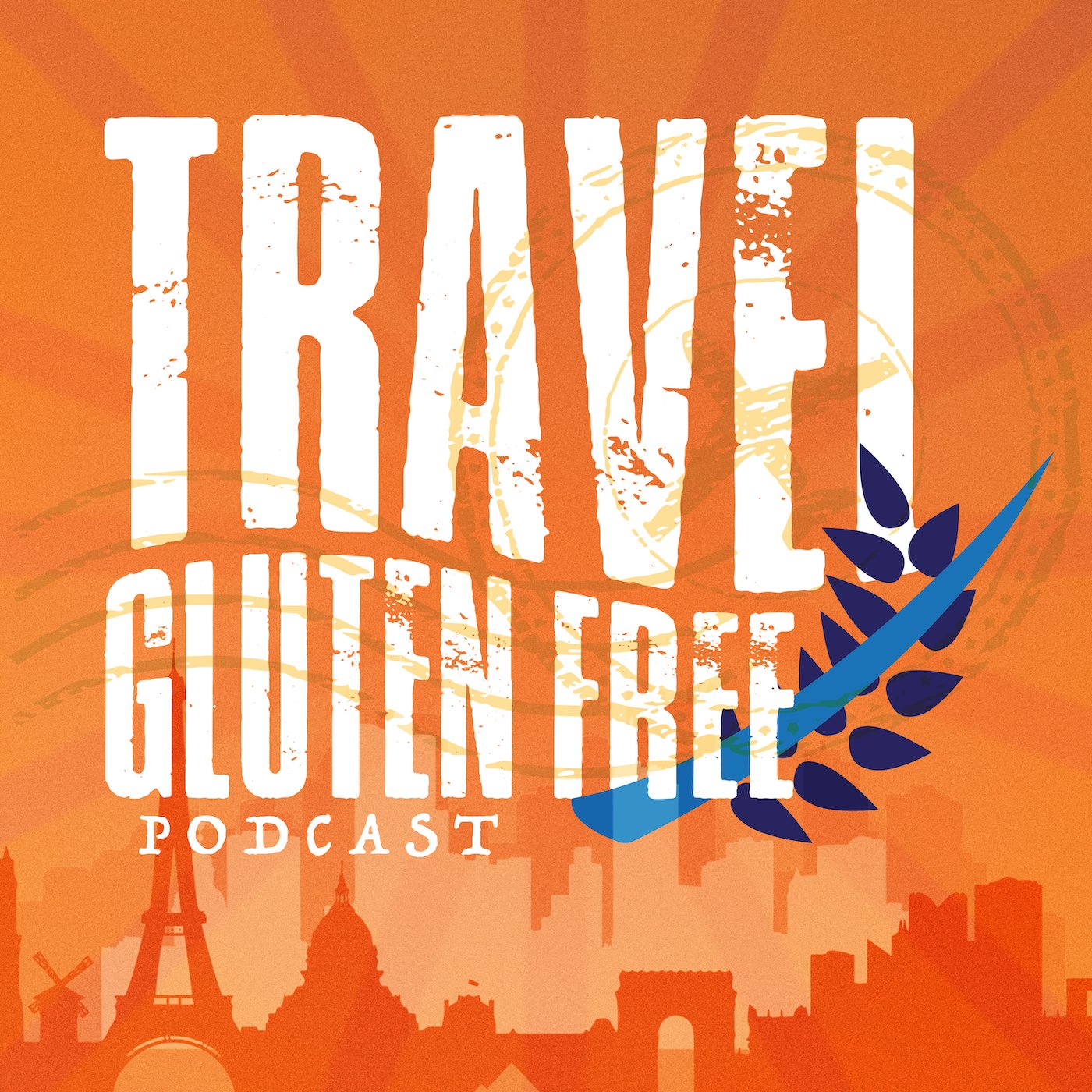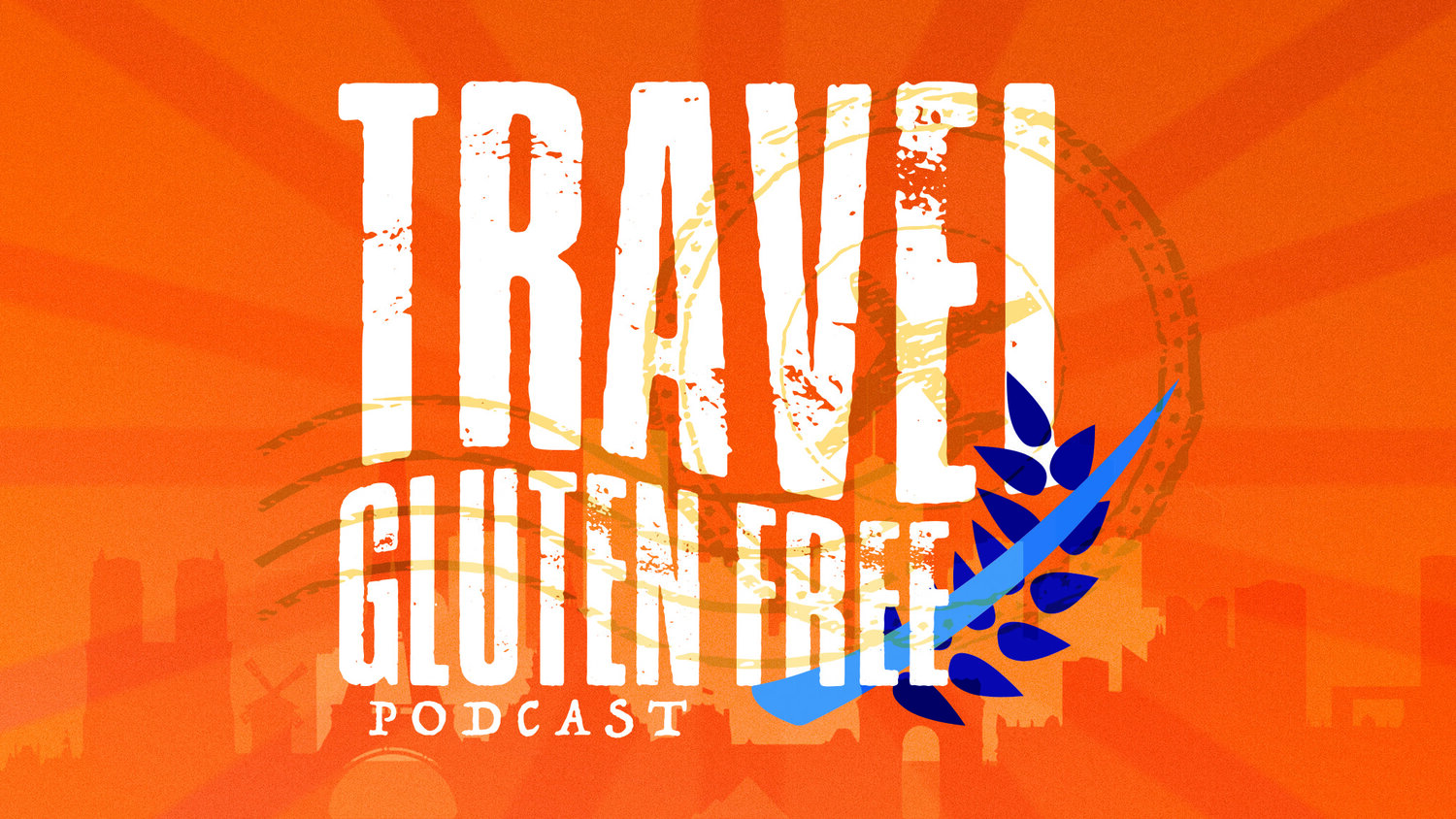Tips for Traveling with Special Needs Travel Companions
If you have a loved one, friend, or relative that you enjoy spending time with but they don't quite understand the challenges of traveling gluten-free, forward them this article. I decided to write this blog post to give insight to those who don't live with a chronic illness to better understand what life is like when you live with an auto-immune disease or another chronic disease, syndrome, or disability.
Did you know that having an auto-immune disease such as Celiac, Hashimoto’s or Rheumatoid Arthritis equates to having a disability? Many people usually picture a person in a wheelchair or someone who has lost their vision, however; disabilities don’t always show up on the outside!
Traveling with a disability can be difficult and needs more preparation and consideration when creating travel plans. There are many details to consider before you go on your trip to have a great travel experience. Here is what you want to think when traveling with disabilities.
There are a lot of things people don’t think about if they don’t have a disability or chronic disease, whether it’s day-to-day life or going on a trip!
Check Dietary Requirements
As Celiac or gluten-free travelers, we definitely have dietary restrictions! However, many of us also have dietary restrictions other than gluten, such as corn or dairy. In addition, some people may also need to avoid particular foods such as sugar or preservatives that cause allergies.
Some foods need to be incorporated into your diet for health maintenance, such as lactose-free milk for those who suffer from lactose intolerance. I always advise travelers to bring snacks you can easily take with you when you travel. Make sure to avoid snacks that can quickly melt or crumble and always double Ziploc your food to prevent your food from making a mess in your travel gear.
Create your favorite dishes once you get to the place you are staying if you have a kitchen, which I highly recommend. It's easy to make delicious and safe desserts, such as a low-carb pumpkin pie, which is a great treat to eat when on vacation.
Carry Helpful Adaptive Aid Equipment
Suppose you have adaptive equipment, or your travel partner needs to carry adaptive equipment. In that case, you can offer to take their equipment for them or help organize it into a bag. This is super helpful as you have a space for everything to easily find the equipment when it's needed. Also, carry a travel first aid kit if you or your travel partner are more susceptible to injury.
Carry a small pocket flashlight and spare batteries, an extra pair of glasses, travel scissors, prescription medications, snacks, and water bottles in case you get stuck somewhere longer than expected so that you have necessities readily available on your trip.
A portable white noise machine can be helpful to get better quality sleep when traveling. In addition, you might want to consider packing a calming bag with lavender essential oil, an eye mask, and downloading soothing spa music if you or your travel companion have anxiety about flying in the airplane.
Bring Along a Familiar Object to Lessen Fears
In addition to bringing along medication, medical forms, and snacks, you can also bring a favorite safe toy or other items that represent safety to bring a sense of peace when a situation isn't ideal. It's beneficial to hold a familiar object that is easily accessible in a travel bag.
For specialty medical equipment such as a wheelchair, walking frame, or crutches, make sure they take their own or that you can rent medical equipment from a medical supply store at your destination or hotel. Also, check first with the airline how you can store and assist with mobility when getting on a plane.
Talk to Your Hotel About Your Disability
Ensure that your accommodation is aware of your dietary needs and any other assistance you or your travel partner may need when staying with them. If you have any questions or concerns regarding access to their facilities or other issues related to your stay, make sure to address your concerns before you arrive. I recommend using a travel agent to book your hotel stay. For the traveler with dietary concerns, I highly recommend Ellen of Gluten-Free Vacations.
Carry Your Medication and Store Medication in a Safe Place While Traveling
Make sure to take the medication you need with you during the day and that it's stored in a safe child-proof container. If you need to take medication, always bring more than enough doses with you so that if you get stuck for an extra day or two during your travels, you'll have more than enough to get you through your journey. Your doctor will not prescribe medication out-of-state, so bring enough prescription medicine for your entire trip.
Using a Tracking Device for Kids
A tracking wristband works great for kids and adults alike. It's waterproof, so it doesn't matter if they get their band wet or dirty. You can even use the tracking device on your luggage, purse, or cell phone, so you can easily find where they are located if they get lost.
Remember, that you can travel and enjoy life, even with disabilities! Even though it can be more challenging, with the proper preparation ahead of time, you and your friends and families with disabilities can safely enjoy travel and can share the experience together!
Discover tips on how to safely travel gluten-free with my complimentary ebook, Ten Tips for Traveling Gluten Free! You can also find out more details about how to travel via cruise, road trip, or camping and learn the freedom you can have when you know how to travel with Celiac disease when you grab my Guide to Traveling Gluten Free.


